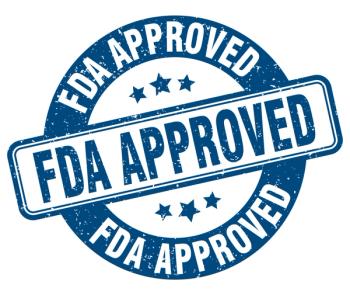
Ruzurgi (Amifampridine) Approved for Rare Pediatric Autoimmune Disorder
Ruzurgi approval for rare autoimmune disorder may be an olive branch.
Ruzurgi (amifampridine, Jacobus Pharmaceuticals) has gained regulatory approval for treatment of Lambert-Eaton Myasthenic Syndrome (LEMS) in pediatric patients ages 6 to 17. Administered as oral tablets, this is the first amifampridine medication approved for use in children.
Though Ruzurgi is the first treatment approved for the use in children, it is not the first approved treatment for LEMS. Amifampridine was approved in November of 2018, but the approval stoked the controversy surrounding drug prices, treatments for rare diseases, and corporate exclusivity. According to
The drugs share the same active molecular entity, thus potentially providing a competitive incentive for Catalyst to lower its drug price. As of this release, Catalyst’s stock had already fallen 42% in response to the Ruzurgi approval. Interestingly, Firdapse is only approved for use in adults, while Ruzurgi is also approved for treatment in children.
Trending:
Safety and effectiveness of Ruzurgi were examined in a randomized, double-blind, placebo-controlled withdrawal study of 32 adult patients. Prior to entering the study, patients took Ruzurgi for three months and were then either switched to a placebo or continued taking the medication. In a degree of change analysis that assessed the time it took patients to rise from a chair, walk three meters, and return to the chair for three consecutive laps, patients that continued Ruzurgi reportedly experienced less impairment than the placebo group. When given a self-assessment scale for LEMS-related weakness, those in the placebo group indicated greater perceived weakness than those in the Ruzurgi group.
“We continue to be committed to facilitating the development and approval of treatments for rare diseases, particularly those in children,” says Billy Dunn, MD, director of the Division of Neurology Products in the FDA’s Center for Drug Evaluation and Research.
LEMS is a rare autoimmune disorder affecting the neuromuscular junctions and usually occurs in conjunction with other diseases, particularly small cell lung cancer. The FDA estimates that nearly one out of every three million cases of small cell lung cancer also develop LEMS.
Newsletter
Pharmacy practice is always changing. Stay ahead of the curve with the Drug Topics newsletter and get the latest drug information, industry trends, and patient care tips.























